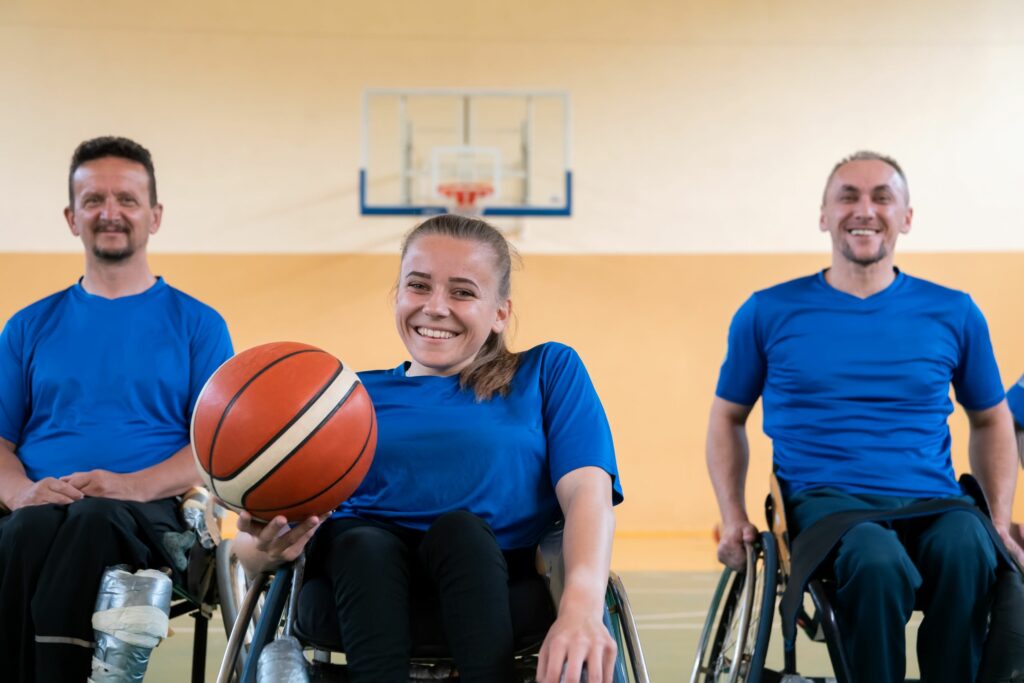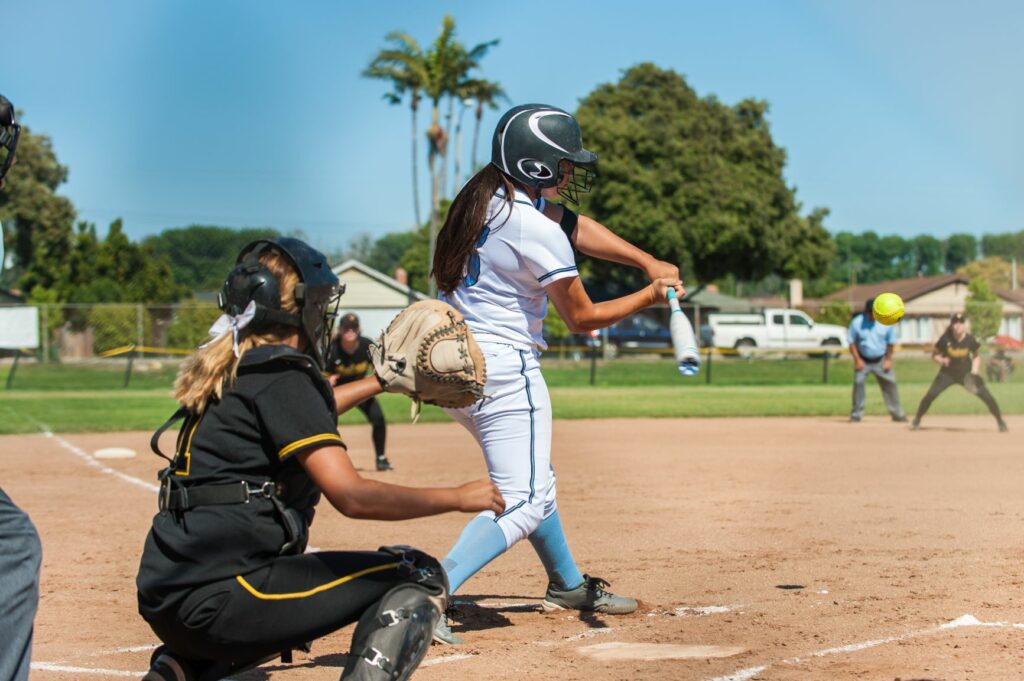How sport builds community
Professional sports teams play an important role in bringing local communities together. For example, by participating in vaccination initiatives and building relationships with local youth soccer clubs, the Halifax Wanderers Football Club became an integral part of the Halifax community during the pandemic. Read the SIRCuit to find out more about how professional sport organizations…
Activating Safe Sport communities

Highlights In May 2021, the Sport Information Resource Centre (SIRC) announced the launch of its Community Activation Grants. This program supports sport organizations in developing and disseminating concussion and Safe Sport resources in Canadian communities. The launch was set against the backdrop of the Government of Canada’s commitment to reactivate local sport organizations, after the COVID‑19…
Return to sport
As Canada enters its 4th wave of COVID-19, coaches and athletes are navigating continued public health restrictions amid the return to school and sport. Many athletes are learning to manage their emotions, make sense of the situation, and mobilize energy and efforts to adapt to the new reality. Learn more about how coaches can support…
Pandemic sailing
“It is possible. That was a big learning lesson for us. If you follow the right steps, consult with the experts and you do it properly, it can work out well.” In the SIRCuit, Katie Sweeting, High Performance Manager for Sail Canada shares insights on hosting a national invitational event with 10 days of racing…
Project Echo: A movement to make Para sport a better place for all

The global COVID-19 pandemic has highlighted inequalities that many people experience, particularly the disparities experienced by persons with disabilities. According to the COVID-19 Disability Survey, over 50% of respondents noted that during the pandemic their needs weren’t being met in a number of areas related to accessibility (Abilities Centre & The Canadian Disability Participation Project, 2020)….
A Games like no other
The master project plan for an event like the Olympic or Paralympic Games is approximately 20,000 lines long. The postponement of Tokyo 2020 created a unique set of challenges for the Canadian Olympic Committee and Canadian Paralympic Committee, who are also preparing for the 2022 Winter Games in Beijing. In the SIRCuit, get a behind-the-scenes…
Youth sport streaming
The COVID-19 pandemic has catalyzed the widespread implementation of streaming technology for youth sports. Beyond allowing family and friends to stream games live, streaming improves game-tape reviews, analytics and evidence for in-game penalties. In the SIRCuit, learn more about how the pandemic has revolutionized technology at all levels of sport.
Equestrian sports during the pandemic
For Equestrian Canada, advancements in the use of technology allowed their sport to find novel and cost effective ways to engage with stakeholders during the COVID-19 pandemic. This included working with the Canadian Broadcasting Corporation to have some of their events shown on its streaming platform, which has helped to increase the visibility of the…
Games’ health and safety
“There will be no overseas spectators. There won’t be friends and family. We won’t have a Canada Olympic House in Tokyo.” David Shoemaker, CEO of the Canadian Olympic Committee, discussed COVID-19 countermeasures and how athlete health and safety is top priority for the Tokyo Summer Games at a Canadian Club luncheon. Read more in the…
Tokyo, Beijing and a global pandemic: How 4 sports are advancing Safe Sport

Highlights Perhaps not surprisingly, the unofficial theme of the Tokyo 2020 Olympic and Paralympic Games has been ‘safety first.’ Postponed from 2020 to 2021 due to the COVID‑19 pandemic, the Summer Olympic and Paralympic Summer Games are scheduled to take place respectively from July 23 to August 8 and from August 24 to September 5. Even before the…